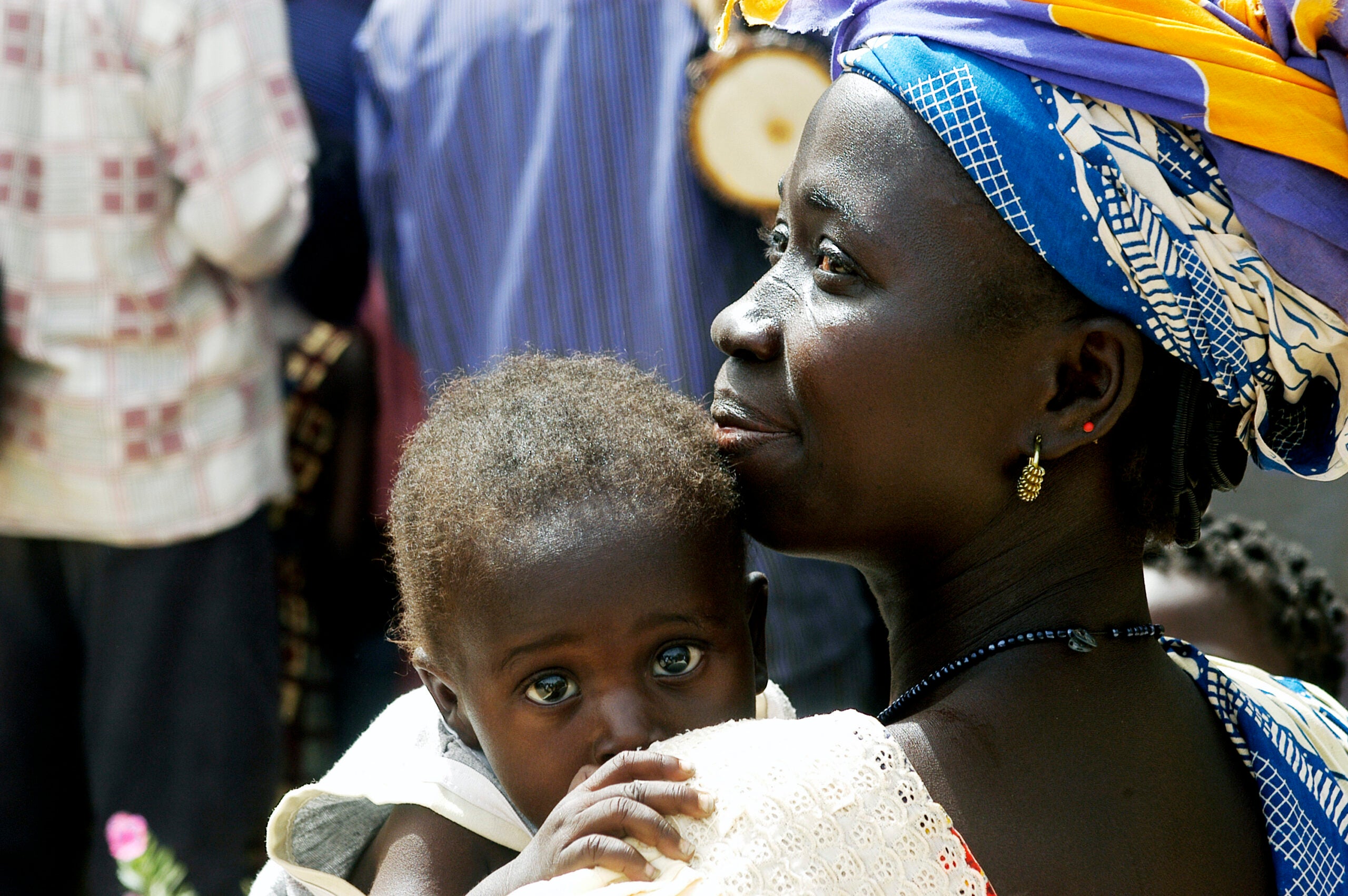Associations between Per- and Polyfluoroalkyl Substances Exposures and Blood Lipid Levels among Adults-A Meta-Analysis.
Liu B, Zhu L, Wang M, Sun Q.
Environ Health Perspect. 2023 05. 131(5):56001. PMID: 37141244
Faculty Affiliate in the Department of Biostatistics
Biostatistics
Harvard T.H. Chan School of Public Health
Associate Professor of Medicine
Medicine-Brigham and Women's Hospital
Harvard Medical School
As a faculty member with joint appointments in both Epidemiology and Biostatistics, Dr. Wang’s current methodological researches focus on statistical challenges encountered in epidemiological studies, including assessment of timing of effect in survival analysis, causal inferences for clustered data, evaluation of etiological disease heterogeneity, methods for pooling biomarker data, and measurement error and missing data problems. She has also developed semi-parametric methods for reducing the impact of nuisance parameters.
She has been the lead statistician for the Nurses’ Health Study II and the Health Professionals Follow-up Study, and the lead statistician for several projects based on the Harvard cohorts. She is also the lead statistician for the Pooling Project on Diet and Cancer in Women and Men, the Circulating Biomarkers and Breast and Colorectal Cancer Consortium, the Pooling Project on Gestational Weight Gain in Low- and Middle-income Countries and several HIV studies conducted in Uganda, Tanzania and India. She has been actively working on analyses, providing input into the development of analytic procedures and their interpretation, and overseeing software development for the routine implementation of advanced and novel statistical methods.
Before October 2010, she had worked on statistical collaborations in various oncology projects with Harvard-Dana Farber Cancer Institute biomedical investigators and the Eastern Cooperative Oncology Group (ECOG), with a focus on the design and analysis of breast cancer clinical trials.
Ph.D., Biostatistics
Emory University
Liu B, Zhu L, Wang M, Sun Q.
Environ Health Perspect. 2023 05. 131(5):56001. PMID: 37141244
Glenn AJ, Gu X, Hu FB, Wang M, Willett WC.
Nat Med. 2023 Apr. 29(4):823-825. PMID: 37059835
Ren Z, Hou J, Li W, Tang Y, Wang M, Ding R, Liu S, Fu Y, Mai Y, Xia J, Zuo W, Zhou LH, Ye JH, Fu R.
Neuropsychopharmacology. 2023 10. 48(11):1567-1578. PMID: 37059867
Qin L, Song Y, Zhang F, Wang R, Zhou L, Jin S, Chen C, Li C, Wang M, Jiang B, Sun G, Ma C, Gong Y, Li P.
Cell Death Differ. 2023 06. 30(6):1488-1502. PMID: 37024604
Wang P, Song M, Eliassen AH, Wang M, Fung TT, Clinton SK, Rimm EB, Hu FB, Willett WC, Tabung FK, Giovannucci EL.
Nat Med. 2023 03. 29(3):719-728. PMID: 36914892
Liu E, Wang D, Darling AM, Perumal N, Wang M, Urassa W, Pembe A, Fawzi WW.
J Nutr. 2022 Apr. 152(4):1091-1098. PMID: 36967166
Wang P, Song M, Eliassen AH, Wang M, Giovannucci EL.
Int J Epidemiol. 2023 02 08. 52(1):96-106. PMID: 36515537
Kim H, Hur J, Wu K, Song M, Wang M, Smith-Warner SA, Zhang X, Giovannucci EL.
Int J Epidemiol. 2023 02 08. 52(1):87-95. PMID: 36315018
Wang R, Hannan MT, Wang M, Schwartz AW, Lopez-Garcia E, Grodstein F.
J Nutr. 2023 03. 153(3):820-827. PMID: 36931754
Visvanathan K, Mondul AM, Zeleniuch-Jacquotte A, Wang M, Gail MH, Yaun SS, Weinstein SJ, McCullough ML, Eliassen AH, Cook NR, Agnoli C, Almquist M, Black A, Buring JE, Chen C, Chen Y, Clendenen T, Dossus L, Fedirko V, Gierach GL, Giovannucci EL, Goodman GE, Goodman MT, Guénel P, Hallmans G, Hankinson SE, Horst RL, Hou T, Huang WY, Jones ME, Joshu CE, Kaaks R, Krogh V, Kühn T, Kvaskoff M, Lee IM, Mahamat-Saleh Y, Malm J, Manjer J, Maskarinec G, Millen AE, Mukhtar TK, Neuhouser ML, Robsahm TE, Schoemaker MJ, Sieri S, Sund M, Swerdlow AJ, Thomson CA, Ursin G, Wactawski-Wende J, Wang Y, Wilkens LR, Wu Y, Zoltick E, Willett WC, Smith-Warner SA, Ziegler RG.
Eur J Epidemiol. 2023 Jan. 38(1):11-29. PMID: 36593337
Eating plant protein in midlife may help women stay healthy as they age.

To help prevent preeclampsia and preterm birth, low-dose calcium supplementation may be as effective as the World Health Organization's recommendation of high-dose calcium supplementation, according to a new study led by Harvard Chan School and collaborators in India…

Low-carbohydrate diets comprised mostly of plant-based proteins and fats with healthy carbohydrates such as whole grains were associated with slower long-term weight gain than low-carbohydrate diets comprised mostly of animal proteins and fats with unhealthy carbohydrates like refined…

Increased exposure to certain types of PFAS is associated with increased blood lipid levels in adults, according to a new study led by Harvard Chan School.
Consuming three or more servings of low-fat dairy each day was associated with a higher risk of being diagnosed with Parkinson’s disease (PD) in a large study of U.S. men and women, according to a new paper by…